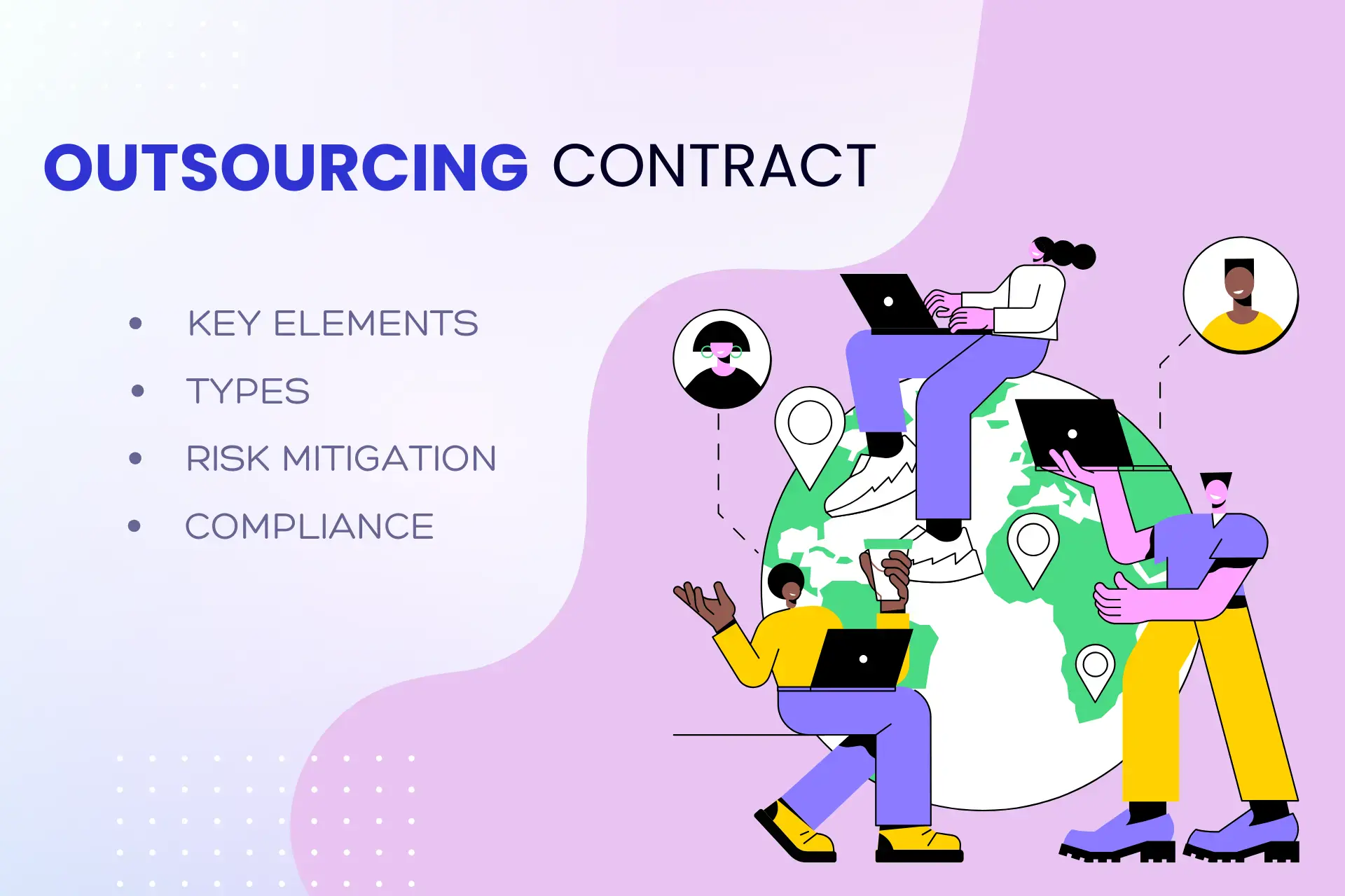
In recent years, the landscape of business operations has seen a significant shift towards compliance outsourcing. As U.S. companies navigate an increasingly complex regulatory environment, the demand for specialized compliance services has surged. This article delves into the reasons behind this trend and explores the benefits of outsourcing compliance functions.
Understanding Compliance Outsourcing
Compliance outsourcing refers to the practice of delegating compliance-related tasks and responsibilities to third-party service providers. These tasks often include regulatory reporting, risk management, and ensuring adherence to industry standards. By leveraging external expertise, companies can focus on their core operations while ensuring that they meet regulatory obligations.
The Increasing Complexity of Regulations
One of the primary reasons for the rise of compliance outsourcing is the growing complexity of regulations that U.S. companies face. From data protection laws like the General Data Protection Regulation (GDPR) to industry-specific regulations such as the Health Insurance Portability and Accountability Act (HIPAA), businesses must stay informed about a myriad of compliance requirements. This complexity can overwhelm internal teams, leading many organizations to seek the assistance of specialized compliance firms.
Cost Efficiency and Resource Allocation
Outsourcing compliance functions can significantly reduce costs for companies. Maintaining an in-house compliance team often involves substantial overhead expenses, including salaries, benefits, and training. By turning to compliance outsourcing, businesses can convert fixed costs into variable costs, only paying for the services they need. This financial flexibility allows companies to allocate resources more effectively, investing in growth and innovation rather than compliance management.
Access to Expertise and Advanced Technology
Another compelling factor driving the adoption of compliance outsourcing is access to specialized expertise and cutting-edge technology. Compliance firms often employ professionals with extensive knowledge in specific regulatory areas. These experts are not only well-versed in current regulations but also stay updated on changes and trends that could impact compliance practices.
Moreover, many compliance outsourcing providers leverage advanced technologies, such as artificial intelligence and machine learning, to streamline compliance processes. These tools can enhance monitoring, reporting, and data analysis, making compliance tasks more efficient and accurate. By outsourcing, companies can benefit from these innovations without the need for significant investment in technology.
Focus on Core Business Activities
By outsourcing compliance functions, organizations can refocus their internal resources on core business activities. Compliance tasks can be time-consuming and labor-intensive, diverting attention from strategic initiatives that drive growth and profitability. When companies partner with compliance outsourcing providers, they can free up valuable time and resources, allowing them to concentrate on critical business objectives.
Mitigating Risks and Enhancing Compliance
Compliance failures can lead to severe consequences, including hefty fines, reputational damage, and operational disruptions. Outsourcing compliance functions can help mitigate these risks. Specialized compliance firms have established frameworks and best practices that ensure adherence to regulations, reducing the likelihood of non-compliance.
Additionally, these providers often conduct regular audits and assessments to identify potential compliance gaps, enabling companies to proactively address issues before they escalate. This proactive approach enhances overall compliance posture and minimizes risks associated with regulatory violations.
Scalability and Flexibility
As businesses grow and evolve, their compliance needs may change. Compliance outsourcing offers scalability and flexibility that in-house teams may struggle to provide. Companies can easily adjust the level of compliance support they require based on their current needs, whether they are expanding into new markets or facing changes in regulations.
This adaptability is particularly advantageous for small and medium-sized enterprises (SMEs) that may not have the resources to maintain a full-scale compliance department. By partnering with a compliance outsourcing provider, SMEs can access the support they need without overextending their budgets or resources.
Conclusion
The rise of compliance outsourcing among U.S. companies is driven by several factors, including the increasing complexity of regulations, cost efficiency, access to expertise, and the ability to focus on core business activities. As businesses continue to face evolving regulatory challenges, outsourcing compliance functions will likely remain a strategic choice for many organizations looking to enhance their compliance posture while minimizing risks and costs.
By embracing compliance outsourcing, companies can ensure they not only meet regulatory requirements but also position themselves for future growth and success in an ever-changing business landscape.
In conclusion, as the regulatory environment continues to evolve, the trend toward compliance outsourcing is expected to grow. Companies that embrace this shift can benefit from improved compliance management, reduced risks, and the ability to focus on what they do best.
